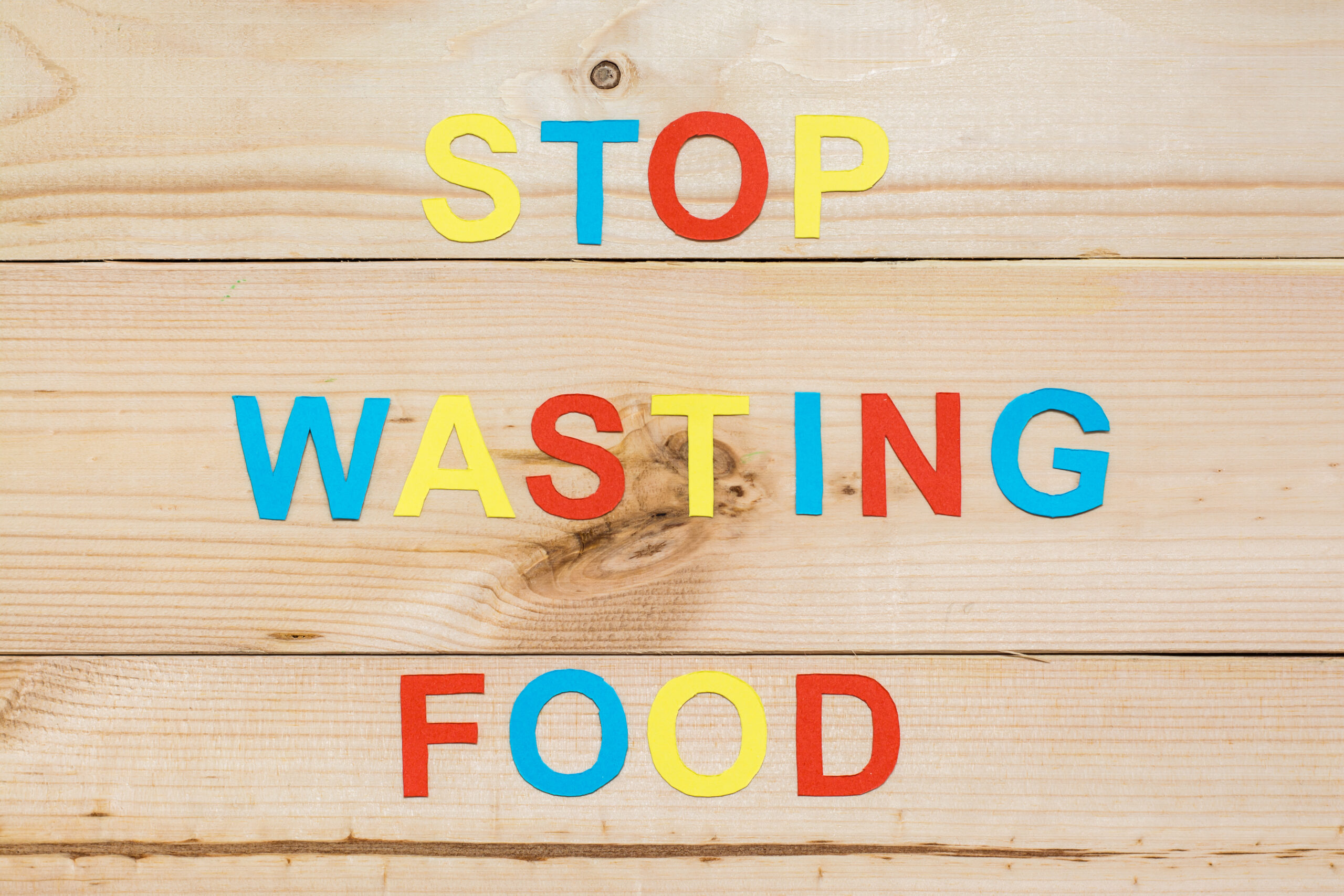Despite major accomplishments in the plant-based dairy space over the last few years, the animal-based dairy sector is proving there is still room for innovation. Taking notes from the VegTech sector, the dairy industry is diversifying to meet personal and planetary health targets, prioritizing nutrition and sustainability, along with flavor and accessibility.
While dairy innovation has remained relatively stagnant over the last few decades, suppliers are beginning to realize the potential of new sources and specialty formulations to reduce fat and boost protein. But amid these innovations, dairy’s natural and organic image gives it an edge over its plant-based counterpart.
One company embracing dairy’s natural offerings is Valess, a Dutch dairy cooperative that uses milk, herbs and spices to replace meat. Its assortment of products includes original breaded and filled filets to unbreaded products for cooking and frying, all made from dairy and a variety of seasonings. The company says its products have a unique taste with a savory meat-like bite and juiciness.
Valess’ products also include a “PlanetProof” label, communicating to consumers that its dairy products are made sustainably. The label is used on Valess’ parent company, FrieslandCampina’s private label and branded products. As sustainability comes into sharper focus among consumers, carbon footprint labels could become the industry standard.
Related: Are Animal-Free Dairy Products Considered Vegan?
Since many consumers are unable to consume cow’s milk or are seeking out healthier sources of dairy, suppliers are finding new animal sources to fulfill those needs. US-based Camel Culture is offering consumers camel milk as a healthier and more easily digestible solution to cow’s milk. It is suitable for people with lactose intolerance, diabetes and allergies, and contains fatty acids, vitamins and minerals that are crucial for human health.
The dairy innovation is marketed as a natural probiotic and immune-boosting drink for children that boasts more benefits than cow’s milk and plant-based milk. But due to its smaller yield, Camel Culture’s milk costs substantially more than cow’s milk at $24 per liter. However, unlike the dairy cows, camels are low carbon emitters, efficient milk producers and cause very little to no damage to the environment.
Lastly, in order to cater to healthier cheese lovers, British dairy innovator Eatlean has developed a range of cheeses that are high in protein, low in fat and don’t sacrifice on taste. Made from traditional cow’s milk, Eatlean’s 100 percent natural cheese is created through traditional British cheese manufacturing processes with fewer calories and higher protein levels than standard cheddar cheese.
Per 100 grams, Eatlean’s Original cheese contains 37 grams of protein, 169 calories, 2 grams of salt and 992 milligrams of calcium. The cheese is also lactose- and largely sugar-free.
Along with dairy’s irreplaceable flavor, texture and nutritional profile, dairy innovations keep the sector fresh and allow for growth. According to IMARC Group, the global dairy market reached a value of $827.4 Billion in 2020, and it predicts a compound annual growth rate (CAGR) of 5.3 percent between 2021 to 2026. The animal-based dairy sector has become a mainstay in many consumers’ lives, and will continue to innovate with health trends and environmental movements.












Join or login to leave a comment
JOIN LOGIN